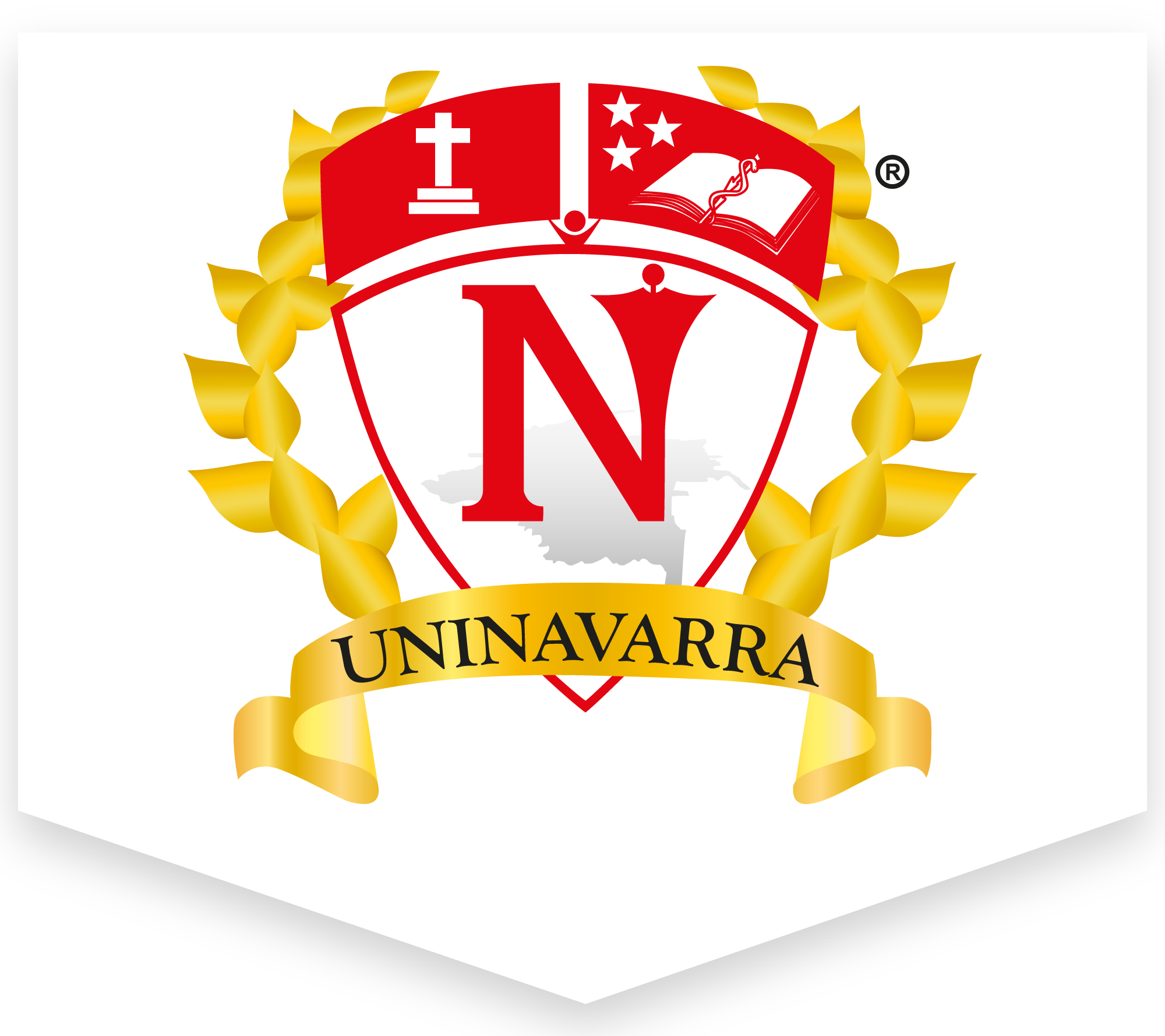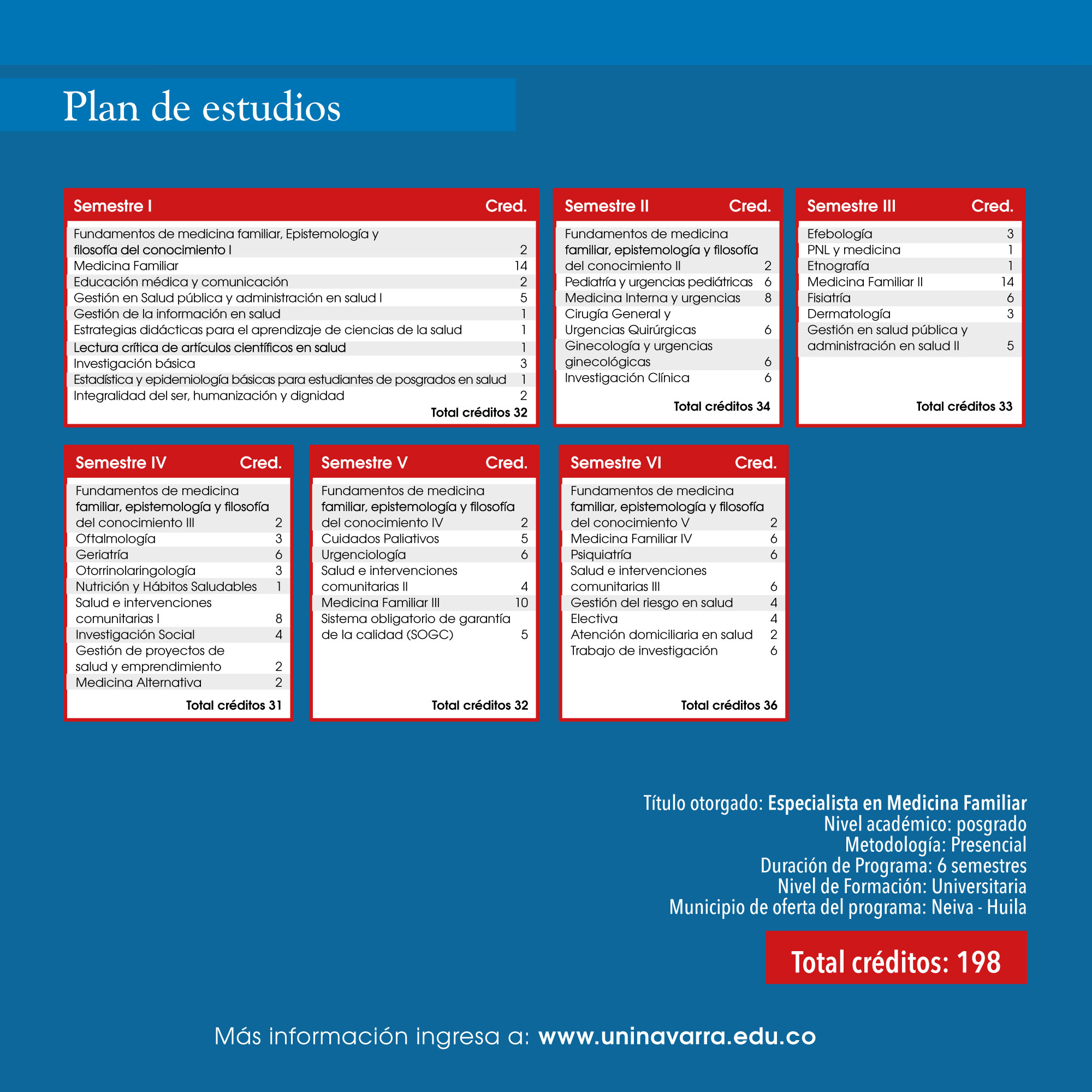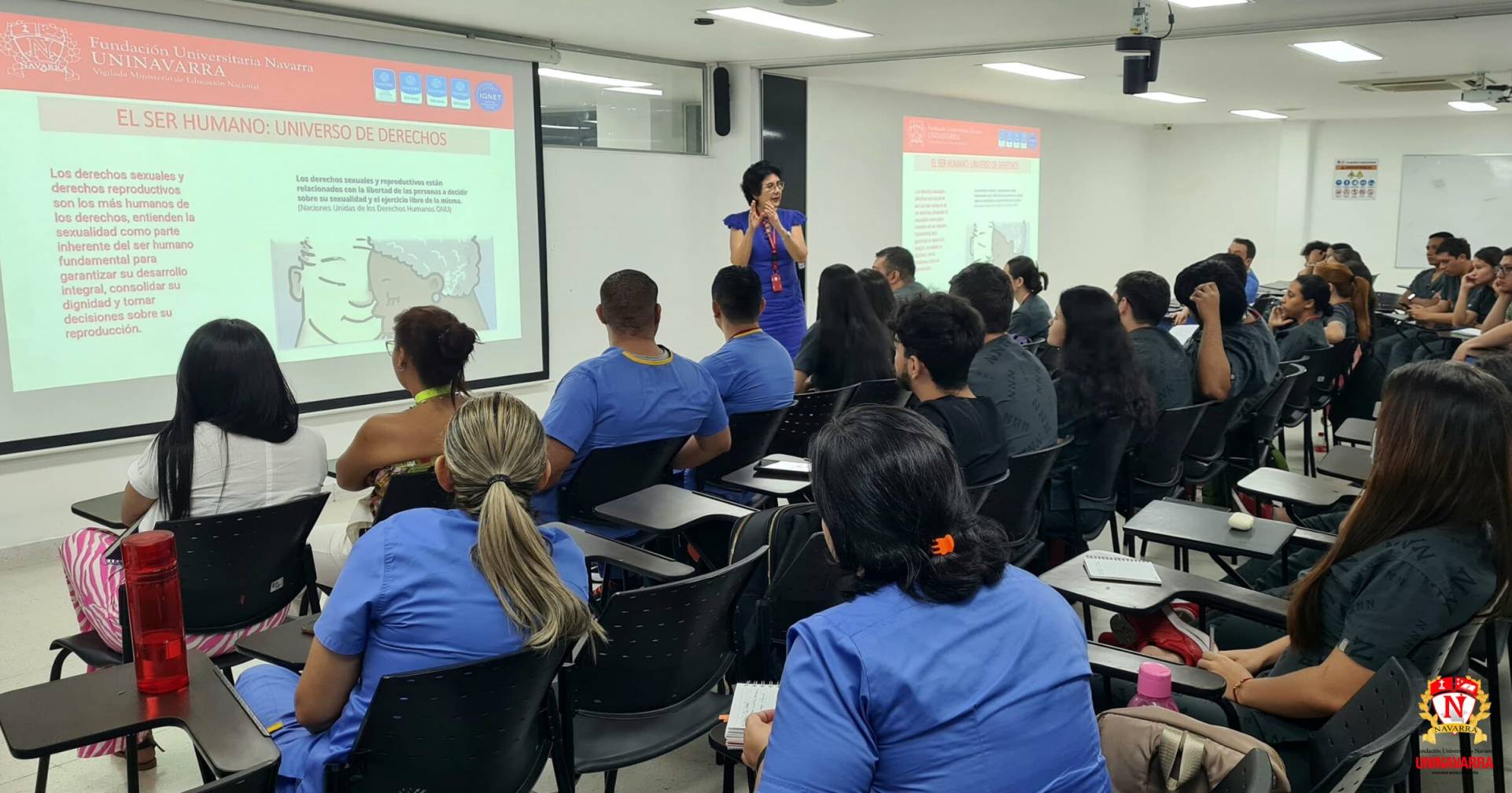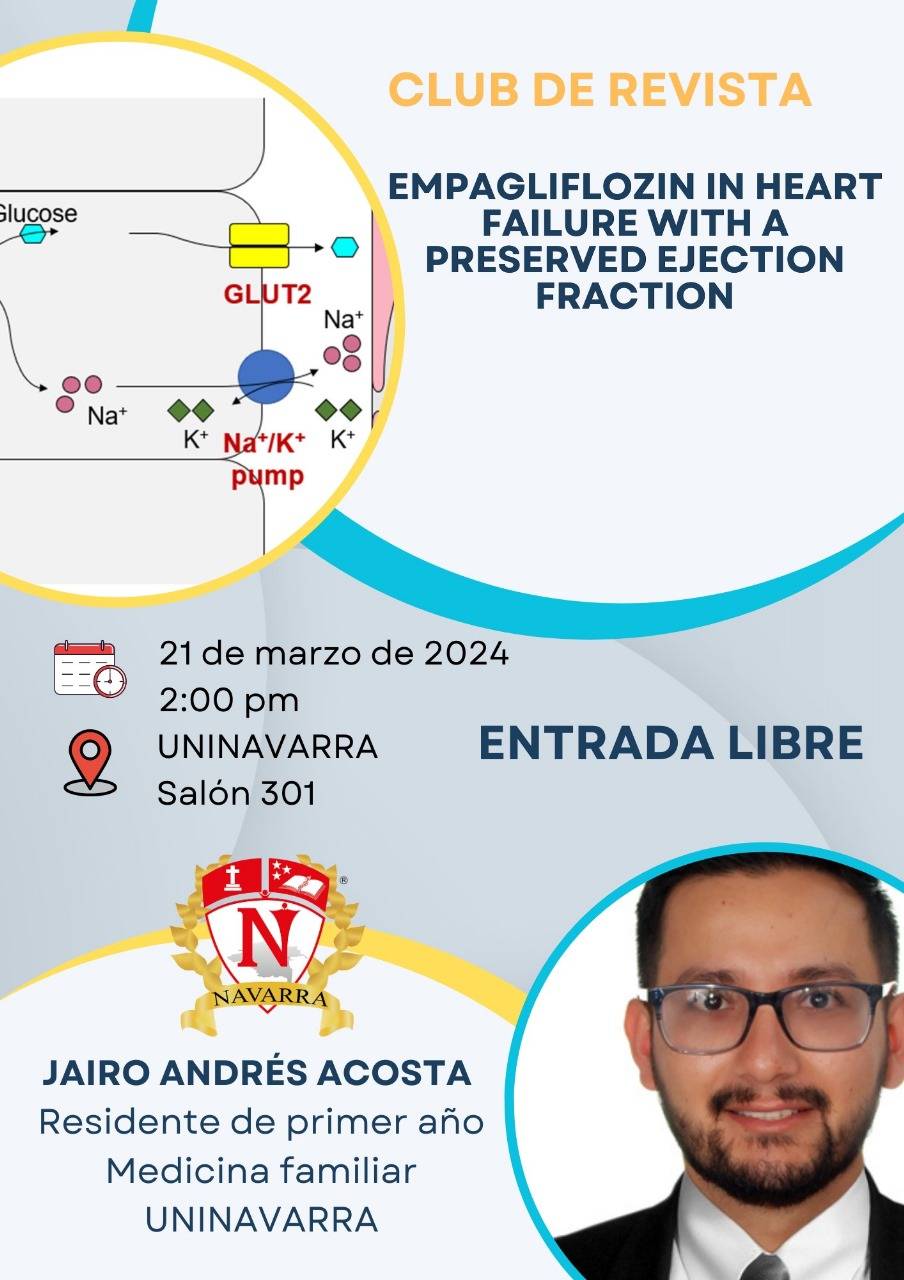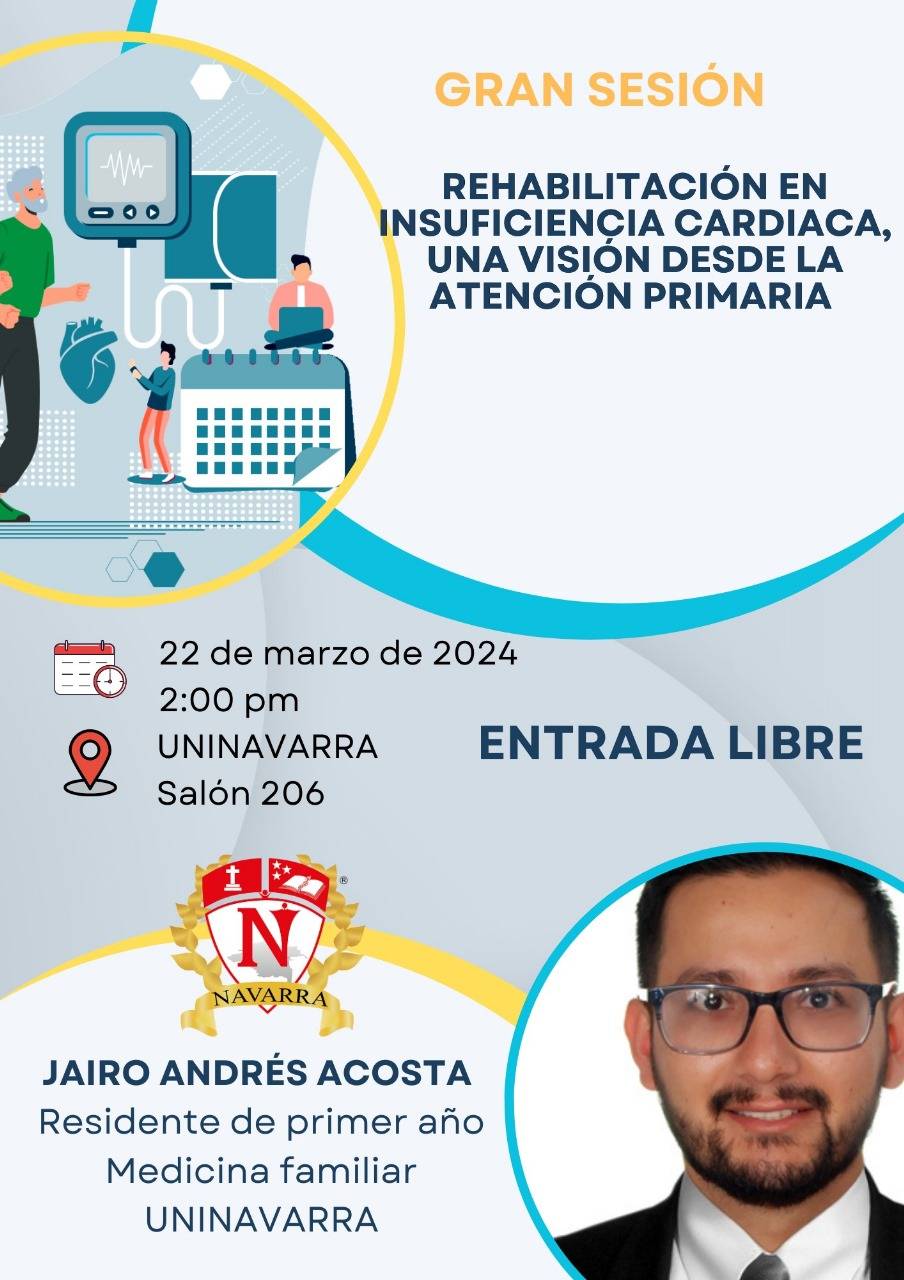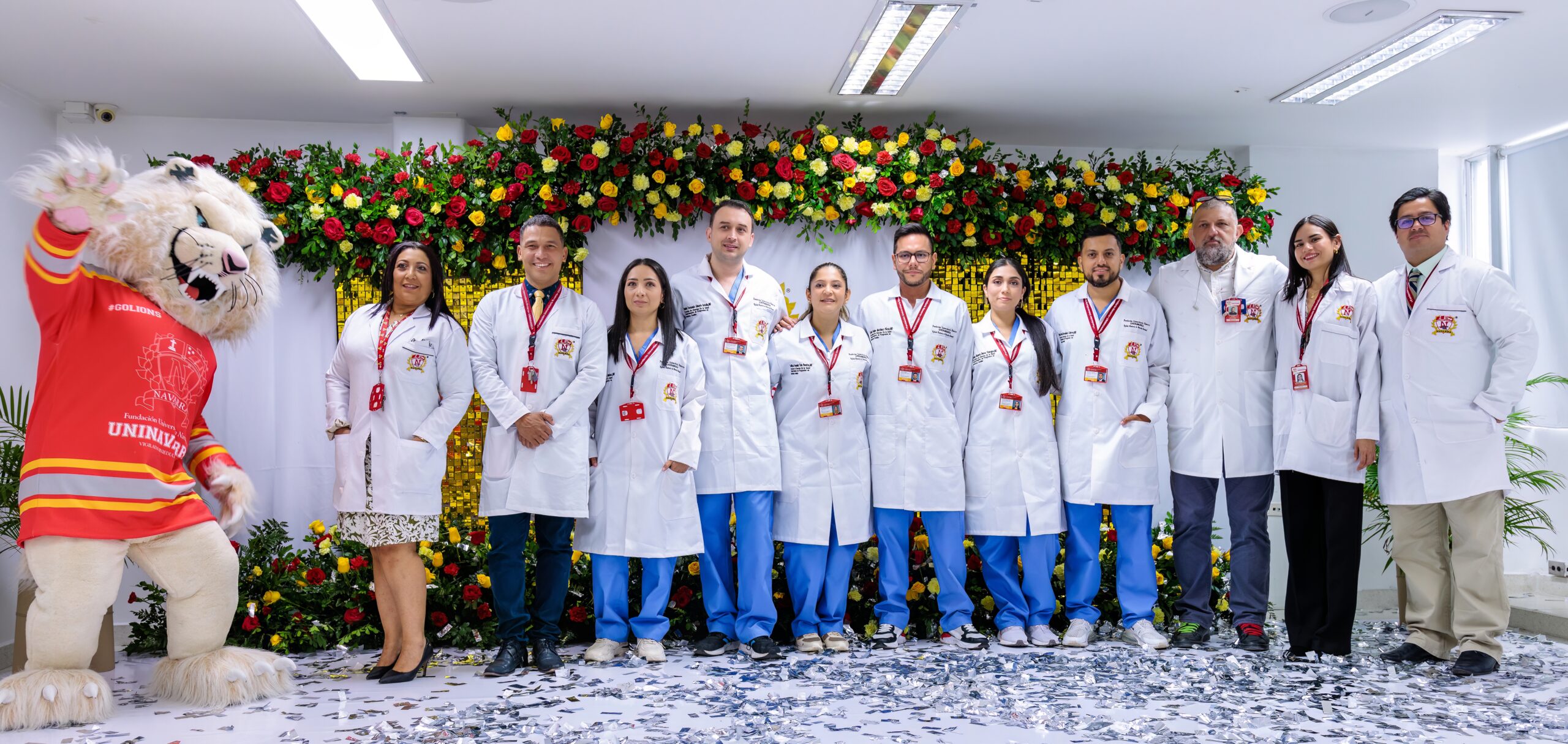| Title awarded: Family Medicine Specialist |
| SNIES Code 111582 |
| Qualified Registration: Res. No. 6812 of April 26, 2023 of the MEN, validity: 7 years. |
| Duration of the Program: 6 semesters |
| Number of academic credits: 198 |
| The program is attached: Faculty of Health Sciences |
| Academic Level: Postgraduate |
| Level of training: Medical-surgical specialization |
| Methodology: On-site |
| Location: Neiva, Huila, Colombia |
| Periodicity of admission: Semiannual |
| Contact us: 8740089 - 8722049 - 8711199 |
Presentation of the program
Family Medicine, more than an area of medical knowledge, is an integrating axis of medical practice, which provides holistic and humanized medical care to the person; performing particular processes of characterization, validation of information, management, education and proposal of intervention strategies to focus them on primary health care from a systemic, generalist, differential and inclusive approach that promotes the care of the individual, his family and his community.
This specialization focuses its work on the person; involving the globality and complexity of the being, taking into account both the physical and psychosocial component of the individual and the determinants that modify and maintain their health. For family medicine, health is more than a state of "Well-being", it is the objective and subjective amalgam of factors that, from each of the individual and family life cycles, tend to the harmonious development and the experience of the individual immersed in a social sphere. For this reason, an ethnographic approach is involved where social, family and community relationships and the relationship with the disease itself are pillars of the care process. The ethnographic vision of Family Medicine allows the differential approach of the individual, the family and its cultural group, allowing the production of cost-effective strategies aimed at maintaining the health of specific groups according to their characteristics and needs.
The knowledge and work of the Family Medicine specialist is transversal to the different medical specialties, not as a professional hoarder of knowledge, but as an integrating specialist, mediator and coordinator of medical care, ensuring its resolvability and timeliness. His approach moves away from the separatist perspective and involves the generalization of medical knowledge to provide comprehensive care to individuals, families and communities.
The specialization in Family Medicine is the result of a need for holistic care based on the individual and not on the disease. Due to its principles and focus on prevention, it is a pioneer and fundamental support in integral processes of Primary Health Care and maintenance of the health of individuals, families and communities.
Family Medicine, more than an area of medical knowledge, is an integrating axis of medical practice, which provides holistic and humanized medical care to the person; performing particular processes of characterization, validation of information, management, education and proposal of intervention strategies to focus them on primary health care from a systemic, generalist, differential and inclusive approach that promotes the care of the individual, his family and his community.
This specialization focuses its work on the person; involving the globality and complexity of the being, taking into account both the physical and psychosocial component of the individual and the determinants that modify and maintain their health. For family medicine, health is more than a state of "Well-being", it is the objective and subjective amalgam of factors that, from each of the individual and family life cycles, tend to the harmonious development and the experience of the individual immersed in a social sphere. For this reason, an ethnographic approach is involved where social, family and community relationships and the relationship with the disease itself are pillars of the care process. The ethnographic vision of Family Medicine allows the differential approach of the individual, the family and its cultural group, allowing the production of cost-effective strategies aimed at maintaining the health of specific groups according to their characteristics and needs.
The knowledge and work of the Family Medicine specialist is transversal to the different medical specialties, not as a professional hoarder of knowledge, but as an integrating specialist, mediator and coordinator of medical care, ensuring its resolvability and timeliness. His approach moves away from the separatist perspective and involves the generalization of medical knowledge to provide comprehensive care to individuals, families and communities.
The specialization in Family Medicine is the result of a need for holistic care based on the individual and not on the disease. Due to its principles and focus on prevention, it is a pioneer and fundamental support in integral processes of Primary Health Care and maintenance of the health of individuals, families and communities.
General requirements
According to the institutionally determined enrollment requirements, applicants to study a postgraduate Medical-Surgical program at UNINAVARRA must submit the following documents:
1. Registration form duly completed.
2. Receipt evidencing payment of registration fees.
3. Photocopy of the identity document (citizenship card/foreigners card or passport).
5. Resume with the supports.
6. Accredit a university degree in the program of Medicine, in a Colombian Institution of Higher Education duly recognized and authorized by the Ministry of National Education, or a foreign one recognized by the competent authority of the country of origin and whose degree is validated by the Ministry of National Education, equivalent to Medicine.
7. If you are not Colombian, you must provide a Student or Resident Visa.
Specific requirements
As stated by AGREEMENT NUMBER 03 OF 2015 (May 25, 2015) of the Faculty Council of Health Sciences, which regulates the admission process for Clinical-Surgical Postgraduate Degrees, the following specific requirements were established for admission to the Specialization in Family Medicine program.
1. Evaluation of the curriculum vitae with the supports.
2. Knowledge test.
3. Demonstrate comprehension of texts in English through a proficiency test in an institution provided by UNINAVARRA, obtaining the independent or intermediate level, i.e. level B1. Specifically in the reading comprehension component. It can also be demonstrated by presenting a certificate that proves that the student has the B1 level, according to the EMCR in this skill.
4. Interview.
5. Psycho-technical test.
Entry Profile
To enter the postgraduate program, the applicant must have studied medicine and certify a medical degree as a graduate of a higher education institution recognized by the Ministry of National Education or abroad (for which he/she must provide the resolution of validation in which it is demonstrated that the program studied and the degree obtained is equivalent and recognized by the MEN in Colombia as a Physician).
The applicant's profile should demonstrate medical knowledge and interest in social aspects as determinants of health, sufficient for a good performance in the training process in the Family Medicine Specialization.
Must have social sensitivity and humanistic principles, showing interest in caring in an integral and continuous way to people, in the different life cycles, their families and communities in health matters. Willing to contribute with his/her work and professionalism in the reduction of health inequities.
Graduate profile
The specialist in Family Medicine, graduated from UNINAVARRA will be characterized by being a professional with a general knowledge base in medicine and with specialization in the maintenance of the health of the individual in their different life cycles.
A skilled specialist who is familiar with community immersion tools, public health policies and generates strategies that positively impact national health indicators.
A person-centered professional with the pluripotential resolution capacity to work in primary health care, hospital, emergency, rehabilitation, palliative care and administration of health services and policies.
An ethical community leader who will be highly committed to the region, the country and the research processes that generate knowledge in the areas concerning health and its determinants.
To fulfill this profile, the graduate physician will have the following attributes:
- Have a deep capacity to establish a physician-patient relationship based on empathy, which will be transferred to his family and the community in which he is immersed.
- Given the characteristics of their training, they have a high level of resolution and optimal management of prevalent health problems affecting different age groups, limiting patient mobility to more complex levels of care, which translates into the optimization and rationalization of health system resources.
- Their communication and administrative skills enable them to act as leaders of health teams, facilitating the interaction of other medical specialties and other professionals, focusing their efforts on the wellbeing of people and the community environment.
- Because of its ability to relate to the community, its ethnographic knowledge, to characterize and investigate based on its needs, to identify the prevalent problems specific to the community and, based on its diagnosis, to focus its efforts on education with a differential approach to self-care and self-knowledge.
- To be competent in adaptive processes to the particular characteristics of the environment, respecting the cultural, behavioral and communicative differences of the community.
- To be knowledgeable about the institutional support networks inherent to the community and their inadequacies, as well as governmental and non-governmental programs that can serve as support to the needs of the population, serving as a connector between them and the individual.
- His work will be focused on health promotion and disease prevention, as a fundamental element generating social change, taking into account the principle of cost-benefit ratio, of vital importance in the face of health systems with broad economic limitations.
- Thanks to his knowledge in research and ICTs, he is able to create scientific information and innovative strategies that he applies to research, education and individual and collective transformation.
- It does not make assumptions about the individual, but after a process of characterization, it involves the reality of the person and his/her context and uses simple tools that allow to evaluate, analyze and help in the process of transformation of deleterious paradigms and motivates the process of adopting healthy habits, both physical and mental, of self-care and mutual care.
- He is a human being concerned with ensuring that people regain their dignity throughout the care process towards the improvement of their quality of life.
Team of Uninavarristas teachers
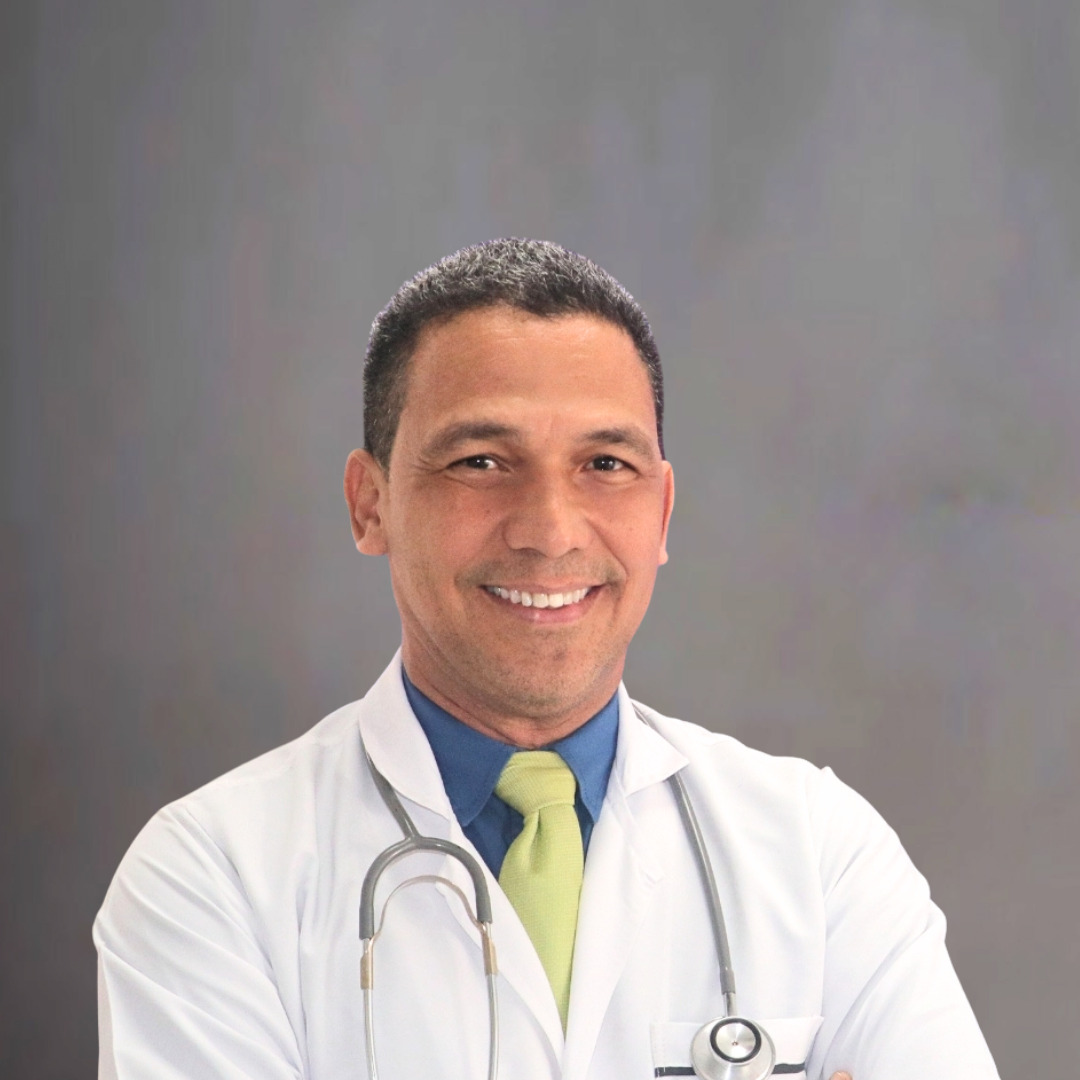
Dr. Isidro Torres Castro
Coordinator of Family Medicine specialization Fundación Universitaria Navarra-UNINAVARRA. Specialist in Family and Community Medicine Universidad de la Sabana. Specialist in University Teaching Fundación Universitaria Navarra-UNINAVARRA. Specialist in Management and Audit of Health Organizations Universidad Iberoamericana. Neurolinguistic Programming Instructor. ASEIA.

Dr. Martha Estella Niebles Coronell
Professor of Family Medicine Specialization Fundación Universitaria Navarra - UNINAVARRA. Specialist in Comprehensive Family Medicine - Juan N. Corpas University Foundation. Specialist in University Teaching - University Foundation of Navarra - UNINAVARRA.
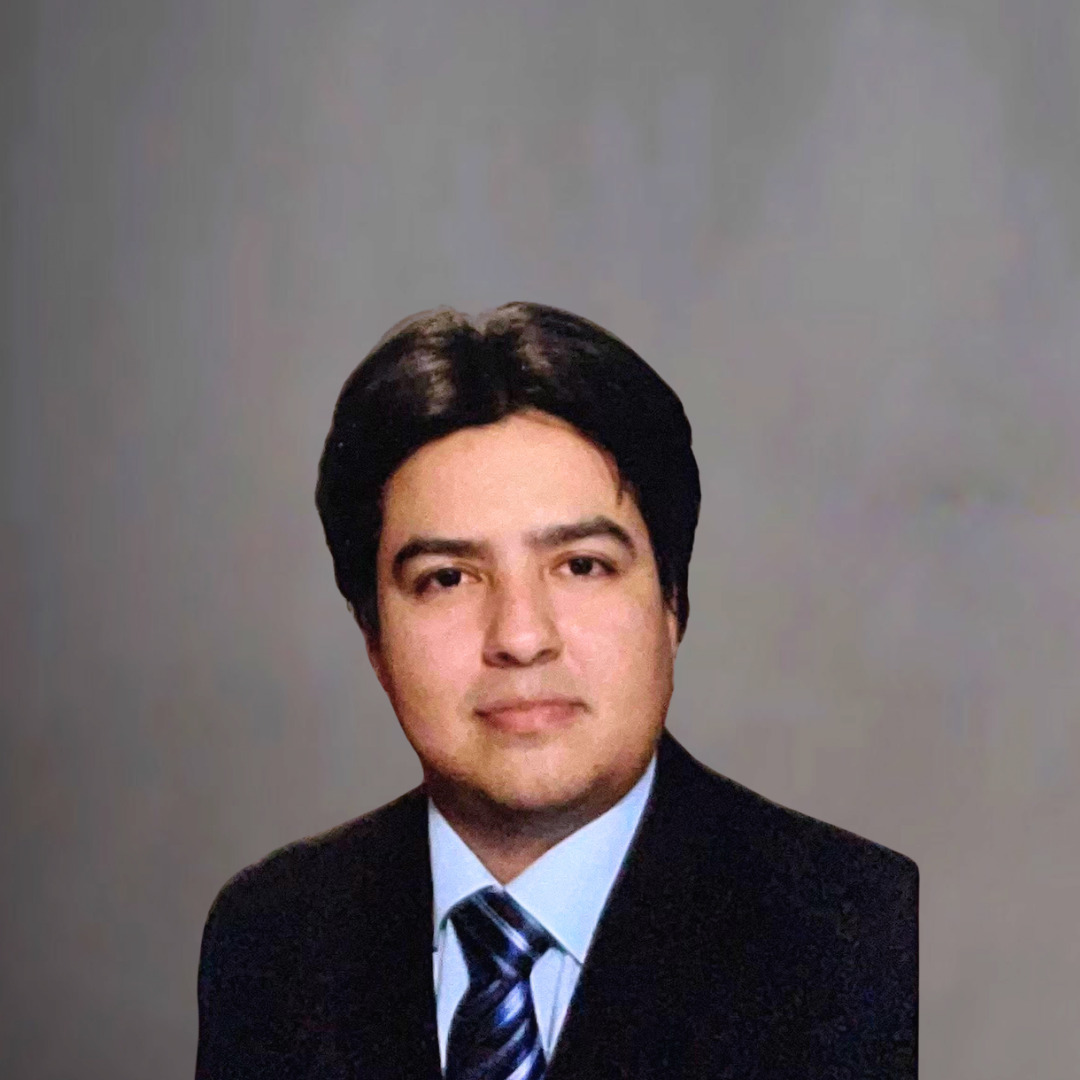
Dr. Carlos Humberto Reyes Guio
Professor of Family Medicine Specialization Fundación Universitaria Navarra - UNINAVARRA. Specialist in Family and Community Medicine - Universidad de La Sabana. Diploma in University Teaching - Universidad de La Sabana.
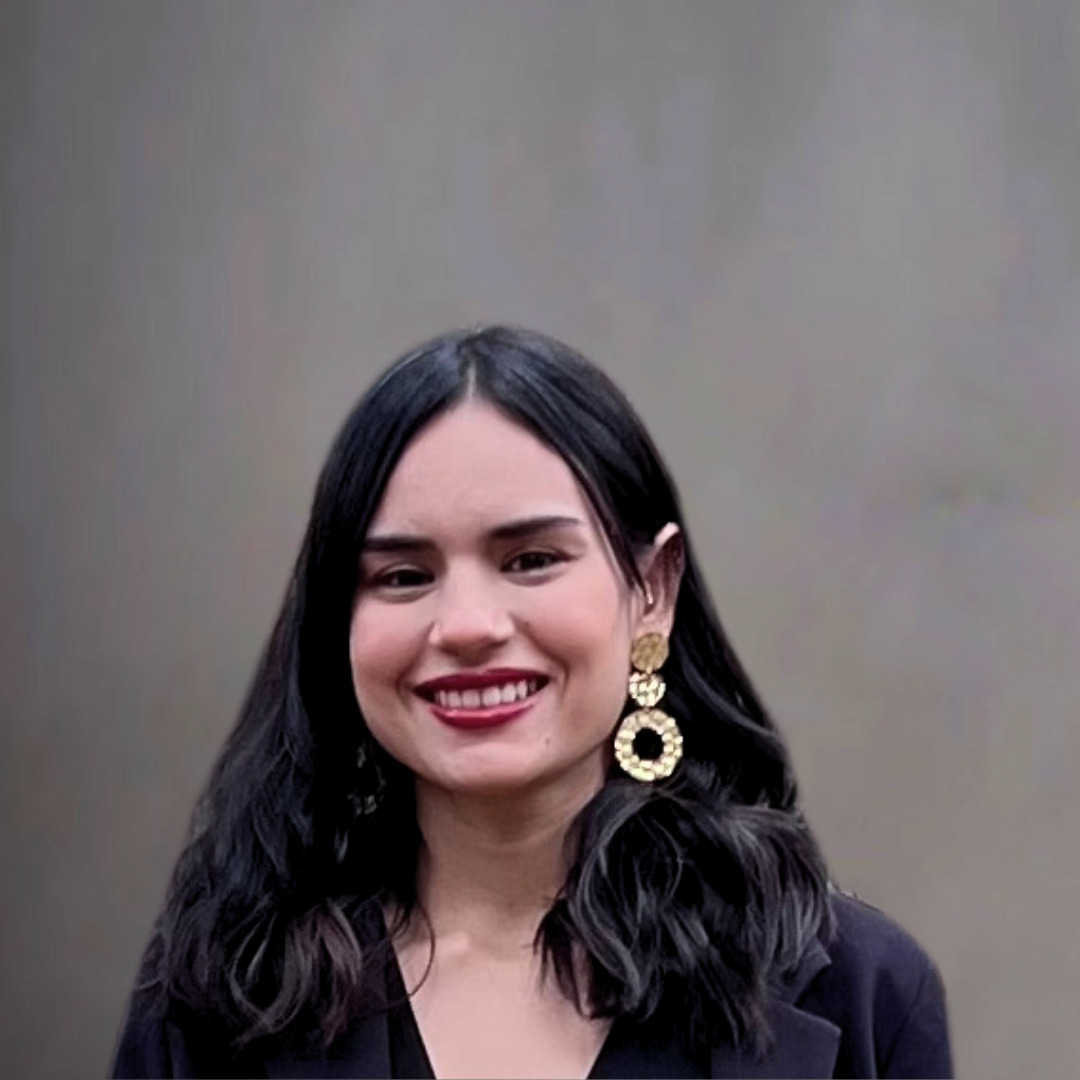
Dr. María del Pilar Leal Vargas
Professor of Family Medicine Specialization Fundación Universitaria Navarra - UNINAVARRA. Specialist in Family Medicine - Pontificia Universidad Javeriana. Diploma in University Teaching - University Foundation UNINAVARRA.
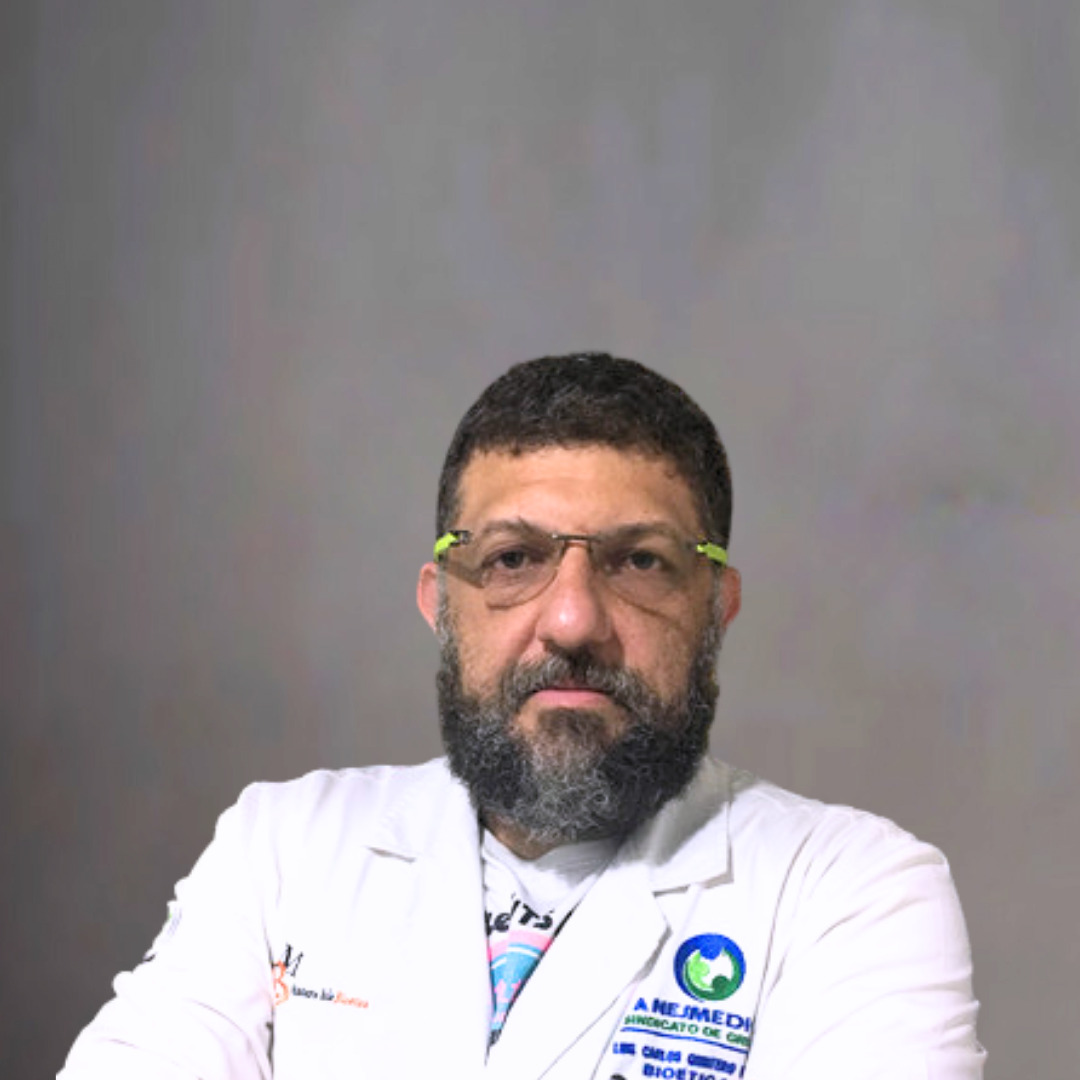
Dr. Luis Carlos Quintero Malo
Medical Doctor with Specialization and Master in Bioethics. Diploma in Human Rights and Diploma in Medical Sexology.
Desire, Sex and Love: A Second Narrative of Sexuality
The second Narrative of Sexuality, which focused on desire, love and sex from all dimensions of being, was successfully held on March 11. It also had its legal component that produced debates among the attendees and reflections on human sexuality from an integral point of view. Attendees expressed their satisfaction with the event and insisted that this type of activities should continue to be carried out and be extended to the community in general.
Integration of Family Medicine residents with family physicians in the region.
In an unprecedented event on March 12, 2024, the twelve Family Medicine residents of UNINAVARRA held a meeting with the Family Medicine specialists of the region. In this meeting, clinical issues were discussed and also, proposals were led to initiate the Southern Chapter of Family Medicine, making a schedule, with the active participation of residents. Proposals for the realization of the First South Colombian Congress of Family Medicine were also heard.
Academic Activities and Journal Clubs
First semester resident Jairo Andrés Acosta begins with the cycle of Journal Clubs and great sessions, on March 21 and 22. These events are free admission, so all medical students and health professionals can attend to share the knowledge imparted.

Family Medicine UNINAVARRA speakers of clinical case in Family Medicine Congress Javeriana University

Family Medicine UNINAVARRA speakers of clinical case in Family Medicine Congress Javeriana University

Family Medicine UNINAVARRA speakers of clinical case in Family Medicine Congress Javeriana University

Family Medicine UNINAVARRA speakers of clinical case in Family Medicine Congress Javeriana University
Why study the Specialization in Family Medicine at UNINAVARRA?
You will receive medical training with a holistic and humanized approach: Family medicine focuses on providing comprehensive, person-centered care, considering both physical and psychosocial aspects. This holistic approach ensures that all of the patient's needs are addressed and their well-being is promoted as a whole.
We promote prevention and health promotion: Family medicine focuses on disease prevention and promoting healthy lifestyles. Family physicians play a key role in educating patients about the importance of prevention and designing intervention strategies to maintain long-term health.
We understand the importance of primary health care: Family medicine is fundamental to primary health care, being the gateway to the health care system for many people. Family physicians are experts in the early detection of disease, the management of chronic conditions and the monitoring of patients' general health.
At UNINAVARRA, we have advanced resources for training in family medicine. The High Complexity Simulated Hospital (HUSAC) gives students the opportunity to practice in a realistic environment with state-of-the-art technology. In addition, we have strategic alliances with important health institutions, such as the Medilaser Clinic, so that students can perform professional practices in a quality clinical environment.
If you are interested in providing comprehensive medical care and being an agent of change in people's health, the specialization in family medicine at UNINAVARRA will provide you with the necessary tools and knowledge to excel in this vitally important field.
